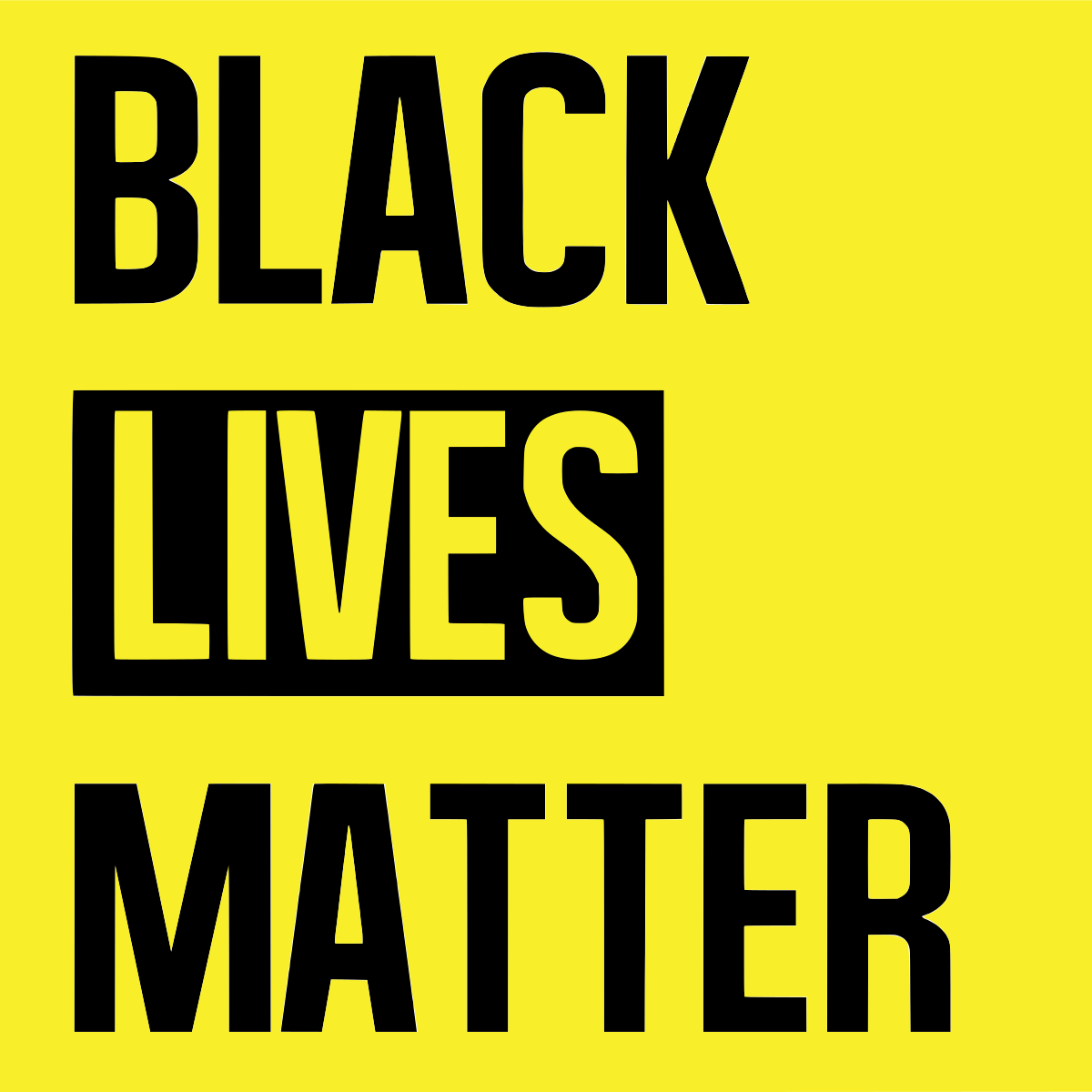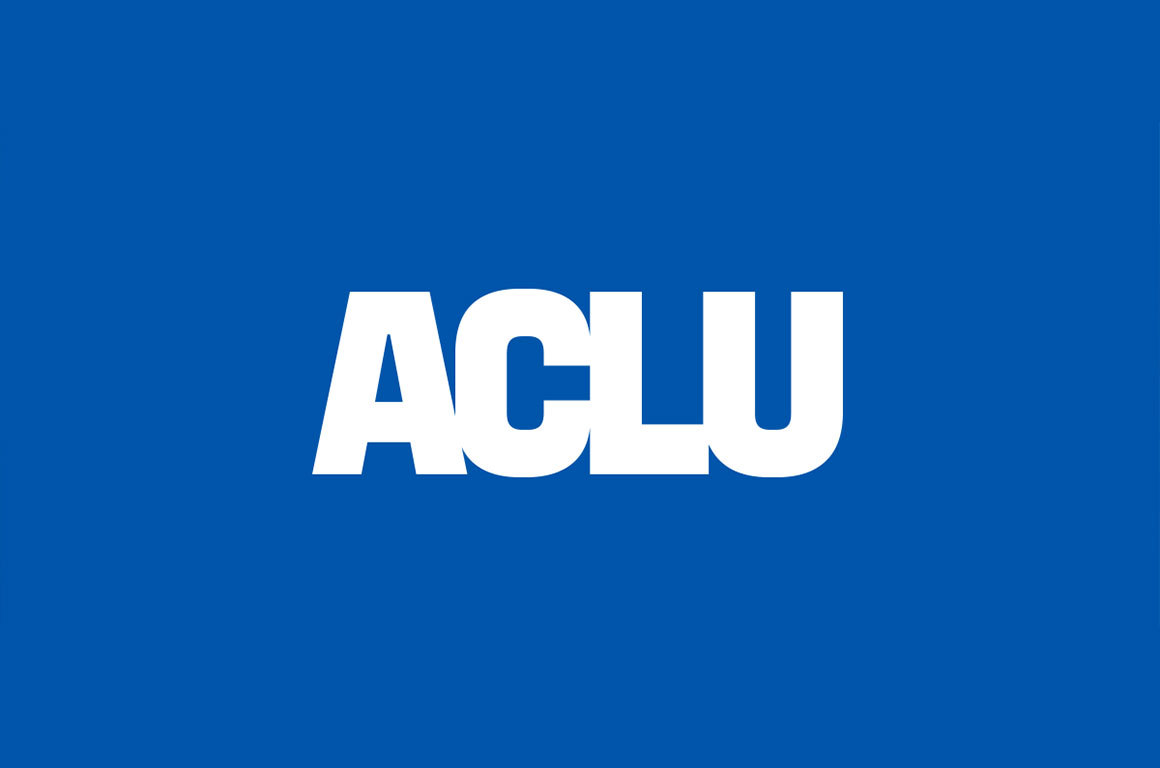Black Lives matter: George Floyd and the Twin Cities’ 2020 Riots

Hello all,
As many of you have likely heard, there has been rioting in Minneapolis and St. Paul, Minnesota. You have also probably heard why these riots are taking place. On Memorial Day, May 25th, 2020, the Minneapolis Police murdered an unarmed black man. His name was George Floyd.

Graffiti of George Floyd’s face on the wall of a building in St. Paul, MN
They handcuffed him, laid him down on his stomach, and then held him down with their full body weight. One officer put his knee on his neck, which restricted his air pathway. George repeatedly told the officer, “I can’t breathe,” and witnesses begged the officer to release his chokehold. But, the officer did not listen. Suffocated by the police, George died in the middle of the street with dozens of witnesses. Since that day, thousands of people have come together in the form of demonstrations to demand justice. They wanted the police officers arrested for their crimes. They wanted political leaders to de-militarize and initiative police reform. Many want to abolish the police as a whole. When nothing was done, riots broke out, looting commenced, and buildings burned. These riots are now on the world stage and have inspired demonstrations all over the nation. Let’s hope this noise creates change. I am not a supporter of violence, and I do hope the riots and burnings stop, but I hope the conversations about racial inequity and police reform continue. And if it feels like the momentum is dying out, we have to keep this conversation going. We have to keep this conversation on the political stage.
I’m sure many of you (especially my Caucasian friends and colleagues) are wondering what we should be doing right now. I wonder this every minute. Of course, protests and demonstrations are happening every day, day and night, that we could attend, but in this era of COVID-19, attending may do more harm than good. During the first nights of demonstrations, local organizers requested that people not come from other neighborhoods. This was in hopes of reducing the spread and further potential harm of their already hurting communities. Instead, they requested for allies to demonstrate in their neighborhoods, which is what I did on the first day. I’ve also helped clean up the streets post-riot (see video below for footage from the clean-up).

Me leading a micro protest in St. Paul. May 26th, 2020.
But then what should we do the next day? And the next? What about for the white folks who don’t live in Minnesota? What about the people who live in different countries? Honestly, from what I have read and heard from my colleagues is that we need to do three things. First, we need to listen. Even if you think you know the mechanics of systematic racism and the fundamentally racist institutions on this already stolen land, you have to keep listening. We can never truly understand what our friends of color are going through and, as with everything, we can always go deeper. Be curious, keep listening, and never stop learning. Build your awareness and build your knowledge. Do this by attending local racial justice meetings, reading books written by black authors, listening to podcasts hosted by people of color (POCs), and watching documentaries filmed from the black perspective (13th is a good one on Netflix). If you haven’t already come to terms with it, make sure you understand that racism exists, and it is, most definitely, our problem.
Second, don’t be silent. Use your white privilege to share your knowledge with your family, friends, and communities sitting in silence while police and white supremacists are murdering black people. Take a breath, and have those uncomfortable conversations. Understand that with each conversation, your message is reaching communities that aren’t usually listening. Prepare yourself for how to have these types of conversations and learn the terminology you’ll need to know when people try to deflect or get defensive. For example, when talking about white privilege, acknowledge that, yes, white people, as well as all other people, go through hardship. Life, inevitably, comes with painful experiences. But, the difference is that white people’s hardship is solely hardship. In contrast, a POC’s hardship is compounded by so many more factors (systematic racism, fewer years to have the right to vote, slavery as apart of their history, and so much more).
Third, support equity issues either by donating money, donating time, or voting. In this political climate, we need to have the right leaders in power for any change to be made. Vote for POC politicians, or if there aren’t any on the ballot, vote for a candidate who promotes equity and equality. Voting for these leaders is the number one priority. If you are interested in getting people to vote, consider donating your time and energy with Vote Forwards‘ Get Out The Vote letter-writing campaign! I have written over 200 letters in the last four months to left-leaning voters who either didn’t vote in the previous election or recently moved. It’s a fantastic, researched-based cause.
If you want to step further and get involved with organizations promoting equity, consider donating time or money. There are thousands of organizations that are doing awe-inspiring work following the common good. Some of which are most likely in your community. Here in the Twin Cities, consider donating to these two organizations:

Reclaim the Block protestors at a meeting – http://www.citypages.com/news/minneapolis-police-department-budget-cut-by-1m-to-fund-public-safety-programs-instead/501824851
“Reclaim the Block began in 2018 and organizes Minneapolis community and city council members to move money from the police department into other areas of the city’s budget that truly promote community health and safety. We believe health, safety and resiliency exist without police of any kind. We organize around policies that strengthen community-led safety initiatives and reduce reliance on police departments. We do not believe that increased regulation of or public engagement with the police will lead to safer communities, as community testimony and documented police conduct suggest otherwise.” – Reclaimtheblock.org

MPD 150 logo – https://www.mpd150.com/
2. MPD150
“The goal of this initiative is to shift the discussion of police violence in Minneapolis from one of procedural reforms to one of meaningful structural change. We will achieve this by presenting a practical pathway for the dismantling of the Minneapolis Police Department; the transference of its social service functions to community-based agencies and organizations; the replacement of its emergency intervention functions with models not based on military methods; and the redirection of resources to support community resilience and people-directed development.” – MPD150.com
Below are two more organizations that are trying to make the world a more equitable place. They use their collective knowledge to promote equitable policy-change and give voice to the marginalized communities that need it most right now.

Black Lives Matter logo – https://en.wikipedia.org/wiki/Black_Lives_Matter
“Founded in 2013 in response to the acquittal of Trayvon Martin’s murderer, the Black Lives Matter Foundation, Inc is a global organization in the US, UK, and Canada, whose mission is to eradicate white supremacy and build local power to intervene in violence inflicted on Black communities by the state and vigilantes. By combating and countering acts of violence, creating space for Black imagination and innovation, and centering Black joy, we are winning immediate improvements in our lives.” – blacklivesmatter.org

ACLU logo – https://www.aclu.org/
4. American Civil Liberties Union (ACLU):
“Our critical work is to protect voting rights, demand that vulnerable people in prisons, jails and immigration detention centers be released, and fight to ensure reproductive health care remains open and accessible to all who need it. Now more than ever, we the people means all of us.” – aclu.org
Please consider donating to these causes. If you don’t have money to give, consider donating your time. If you don’t live in Minnesota, I’m sure organizations in your states or regions need volunteers for their fundraising and marketing campaigns! There are so many more than just these four organizations. Please feel free to leave a comment below with more of the organizations focusing on equity causes that we should be donating our money and time to.

An image of community members cleaning up the debris broken glass and burnt down buildings in St. Paul, MN
Finally, below is the link to the video footage I mentioned earlier in this post. On May 29th, 2020, hundreds of community members came together to clean up the streets in both Minneapolis and St. Paul. This footage shows the aftermath of the violent riots in St. Paul, the night of May 28th, 2020.
Thank you for reading. Be well and be safe.
-Molly


Pingback: BLACK LIVES MATTER: GEORGE FLOYD AND THE TWIN CITIES’ 2020 RIOTS – Coco Canary Consulting, LLC
Pingback: A 2020 and 2021 Review and Check Out The Coco Canary Newsletter To Keep Up With What I am Up To | Molly's Journey to the West